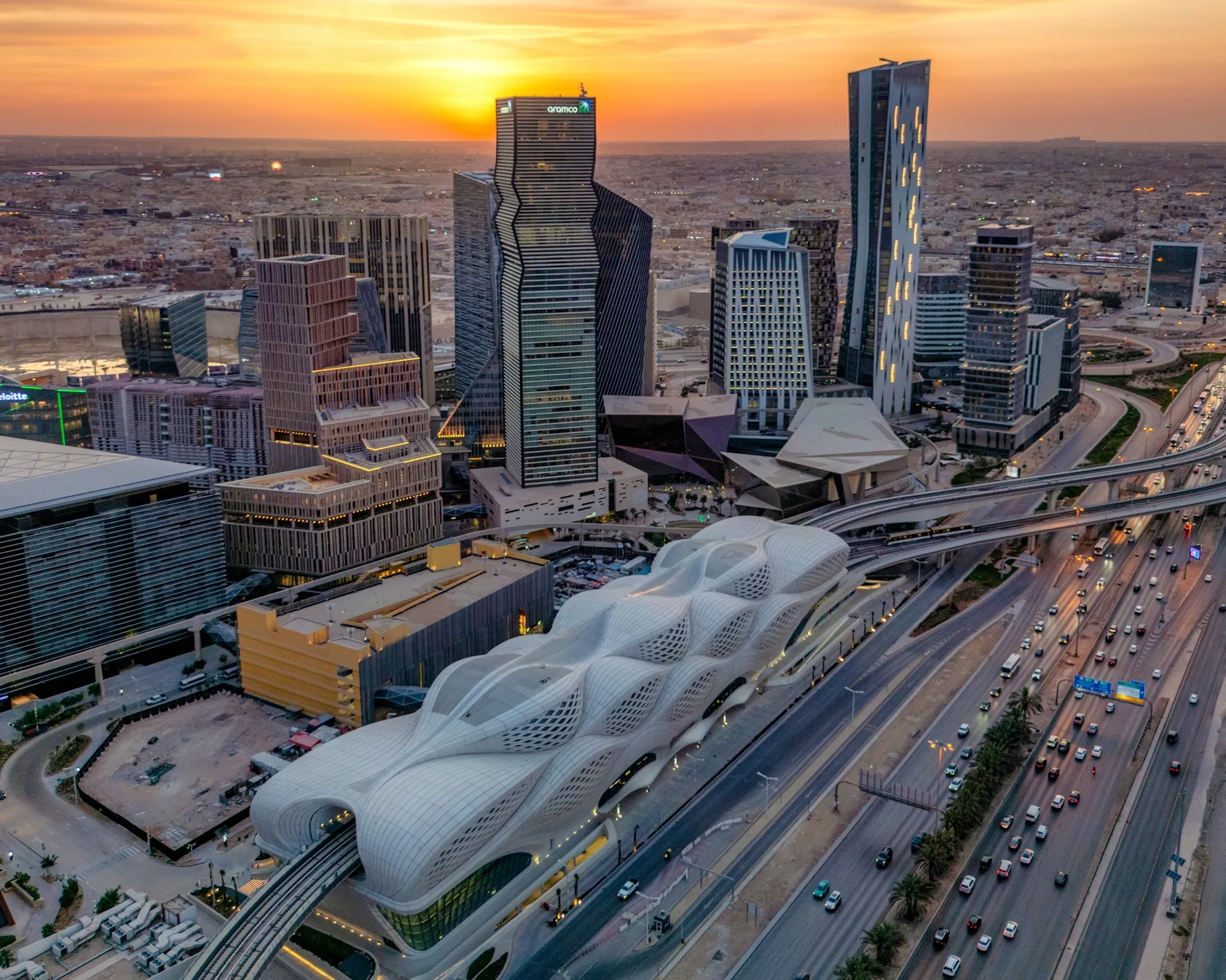Peru's private investment promotion agency ProInversión has prequalified three consortiums for the US$5.70 billion construction, operation and maintenance of line 2 of Lima's metro.
Technical and economic offers are still due by 21 February, with ProInversión aiming to award the tender for the 35-year concession on 28 February.
The consortiums are: Consorcio Nuevo Metro de Lima, comprised of Spain's ACS and FCC, Italian companies Impregilo and AnsaldoBreda and Peru's Cosapi; Consorcio Metro Subterráneo
February 7, 2014
Read time: 2 mins
Peru's private investment promotion agency ProInversión has prequalified three consortiums for the US$5.70 billion construction, operation and maintenance of line 2 of Lima's metro.
Technical and economic offers are still due by 21 February, with ProInversión aiming to award the tender for the 35-year concession on 28 February.
The consortiums are: Consorcio Nuevo Metro de Lima, comprised of Spain's13 ACS and 5656 FCC, Italian companies Impregilo and AnsaldoBreda and Peru's Cosapi; Consorcio Metro Subterráneo de Lima, which joins Italian concessionaire Astaldi and Controladora de Operaciones de Infraestructura - a subsidiary of Mexico's 4285 ICA; and Consorcio Metro de Lima Linea 2,made up of Brazil's 4740 Odebrecht, Construtora 4429 Andrade Gutierrez, Queiroz Galvão Construtora and Peruvian engineering and construction company Graña y Montero.
The work will entail building 35 kilometres of underground railway line, including an 8 kilometre stretch branching off line 2, together with the stations and a metro repair area, installing various technical and electrical systems, and supply of the rolling stock.
The new line will connect line 1 and the future line 3 and transport about 600,000 passengers a day, benefiting about 2.4 million people overall.
Technical and economic offers are still due by 21 February, with ProInversión aiming to award the tender for the 35-year concession on 28 February.
The consortiums are: Consorcio Nuevo Metro de Lima, comprised of Spain's
The work will entail building 35 kilometres of underground railway line, including an 8 kilometre stretch branching off line 2, together with the stations and a metro repair area, installing various technical and electrical systems, and supply of the rolling stock.
The new line will connect line 1 and the future line 3 and transport about 600,000 passengers a day, benefiting about 2.4 million people overall.









